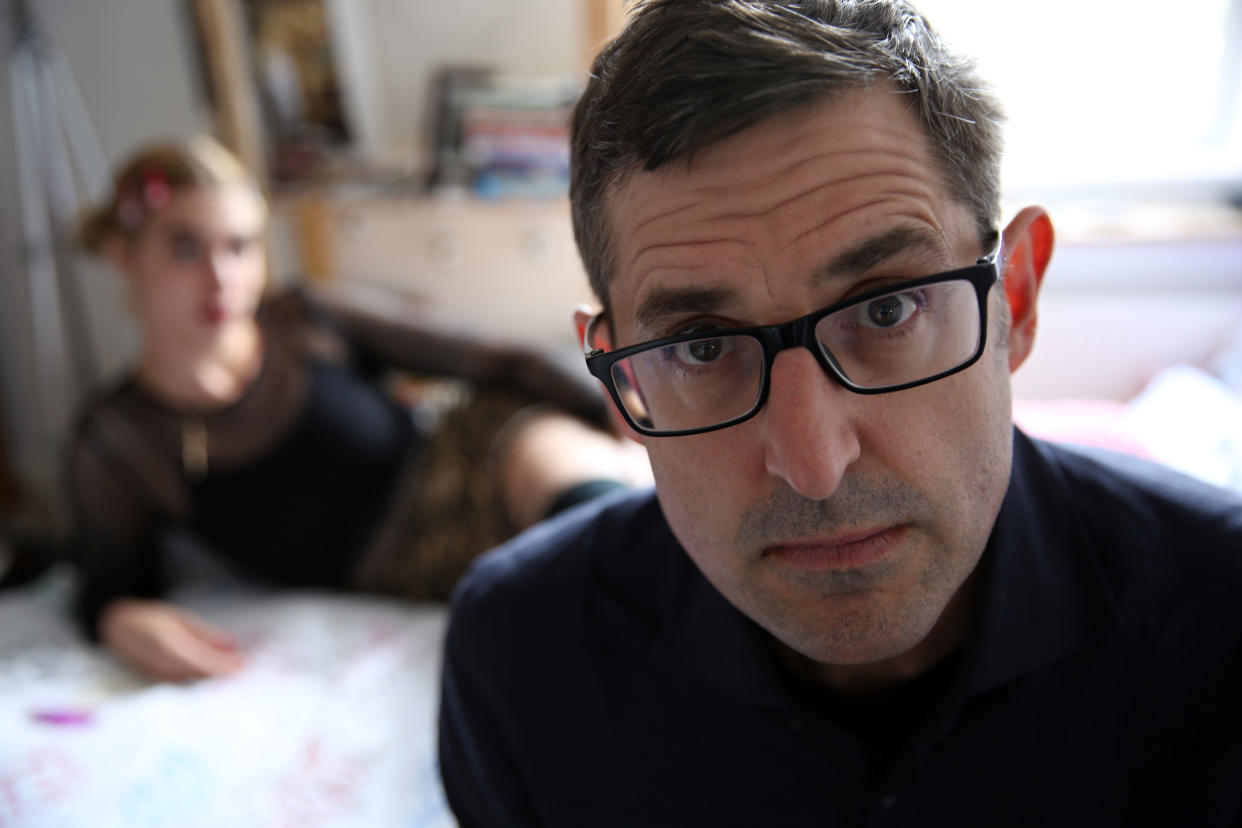BBC Defends Louis Theroux Documentary After Sex Worker Says She Was “Mistreated” During Filming

Click here to read the full article.
The BBC has defended its duty of care standards on Louis Theroux documentary Selling Sex after contributor Ashleigh raised concerns about how she was treated during the making of the sex worker film.
The 23-year-old art student from London was one of three sex workers featured in Theroux’s BBC Two film, but since it broadcast last month, she said the experience has left her “deeply unhappy.” In an op-ed for British publication Gal-Dem, Ashleigh detailed a laundry list of concerns about being “mistreated” during the making of the documentary. The BBC said it worked with Ashleigh “extensively” to address her concerns and said there were a “number of factual inaccuracies” in her version of events.
More from Deadline
British Government Launches Plan To End Criminal Sanctions For People Who Don't Pay BBC Licence Fee
'Top Gear' Showrunners Reveal How They Avoid Awkward Overlaps With Amazon's 'The Grand Tour'
Ashleigh said she raised a formal complaint about a “prominent member of the crew,” who she said did not conduct himself “in a way I see as professional.” She did not offer specific details but said he “crossed the line,” and she sent screenshots of their message exchanges to the BBC’s complaints team. The BBC said it “thoroughly investigated” the matter and “there was insufficient evidence to support any allegations of misconduct.”
Among other concerns, Ashleigh said a crew member “kept touching my plaits” during filming and she argued BBC Studios producers “didn’t have a good understanding of disability.” Ashleigh has been diagnosed with Aspergers, but said her carer was not present when she signed release forms and her disability was not contextualized in the film. Theroux did reference it in his voiceover, but Ashleigh said she had to “fight hard” for this.
The contributor also said she “begged” for an intimate scene, in which she voluntarily opened up to Theroux about self-harm and being abused as a child, to be cut from the documentary, but it remained in the final edit. It is understood she ultimately signed a legal waiver consenting to the footage being included, as well as providing verbal consent.
Ashleigh also said she was told by BBC Studios producers that the film would challenge stereotypes around sex workers, but she argued that the end result was “shallow.” She acknowledged that she was offered therapy by the BBC as part of her commitment to the show, but said it was a case of “too little too late.”
She added: “This documentary has created more awareness around our work, but equally, viewers should be aware of how the media can manipulate the people they work with, and lean into lazy stereotypes and tropes. In this case, the production team had a chance to do something good and instead just wanted to grab their payslips and go.”
The BBC said: “Duty of care to contributors is of paramount importance to both the BBC and Louis Theroux. Ashleigh raised a number of concerns about her contribution to the program, and the production team worked with her extensively to ensure those concerns were listened to and, where appropriate, were addressed in the final edit of the program.
“We are confident that Ashleigh gave informed consent to be a part of the documentary as is evidenced by ongoing communication with her. The final edit does, and should, lie in the control of the BBC, but the welfare and views of our contributors are always part of our process and it was our genuine view that Ashleigh’s concerns had been resolved. As such we are disappointed to see her concerns raised again and believe there are a number of factual inaccuracies in Ashleigh’s account of events.”
Sign up for Deadline's Newsletter. For the latest news, follow us on Facebook, Twitter, and Instagram.

 Yahoo News
Yahoo News 
